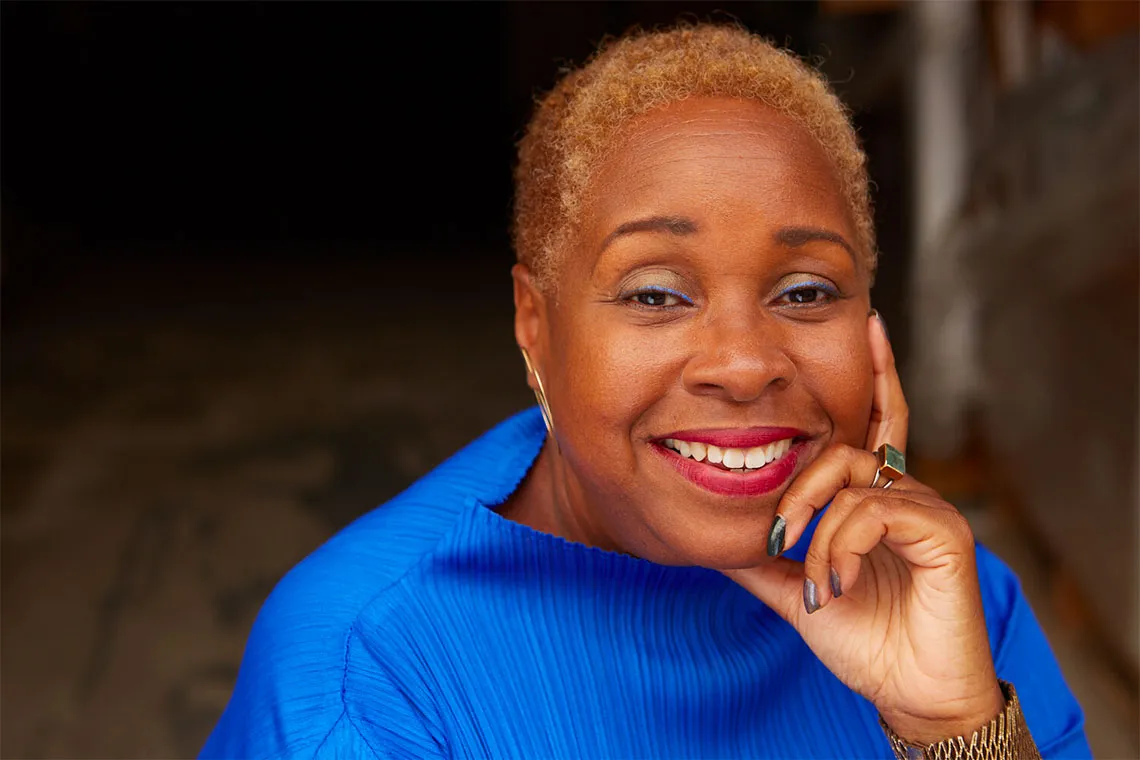Lecture Recap and Video: Mabel O. Wilson on 'Can We Forget? A Memorial to Enslaved Laborers'

Mabel O. Wilson. Photo by Dario Calmese, courtesy National Building Museum.
In this talk, Mabel O. Wilson, Nancy and George E. Rupp Professor in Architecture and Professor in African American and African Diaspora Studies at Columbia University, discusses her work to create the Memorial to Enslaved Laborers on the University of Virginia campus in Charlottesville, Virginia.
Watch the Lecture
About Mabel O. Wilson
Mabel O. Wilson is the Nancy and George E. Rupp Professor in Architecture and a professor in African American and African Diaspora Studies at Columbia University. She also serves as the director of the Institute for Research in African American Studies and co-directs Global Africa Lab. With her practice Studio&, she is a collaborator in the architectural team that recently completed the Memorial to Enslaved African American Laborers at the University of Virginia. With Irene Cheng and Charles Davis, she co-edited Race and Modern Architecture: From the Enlightenment to Today (2020). For the Museum of Modern Art, she was co-curator of the exhibition Reconstructions: Architecture and Blackness in America (2021). She’s a founding member of Who Builds Your Architecture? (WBYA?), a collective that advocates for fair labor practices on building sites worldwide.



